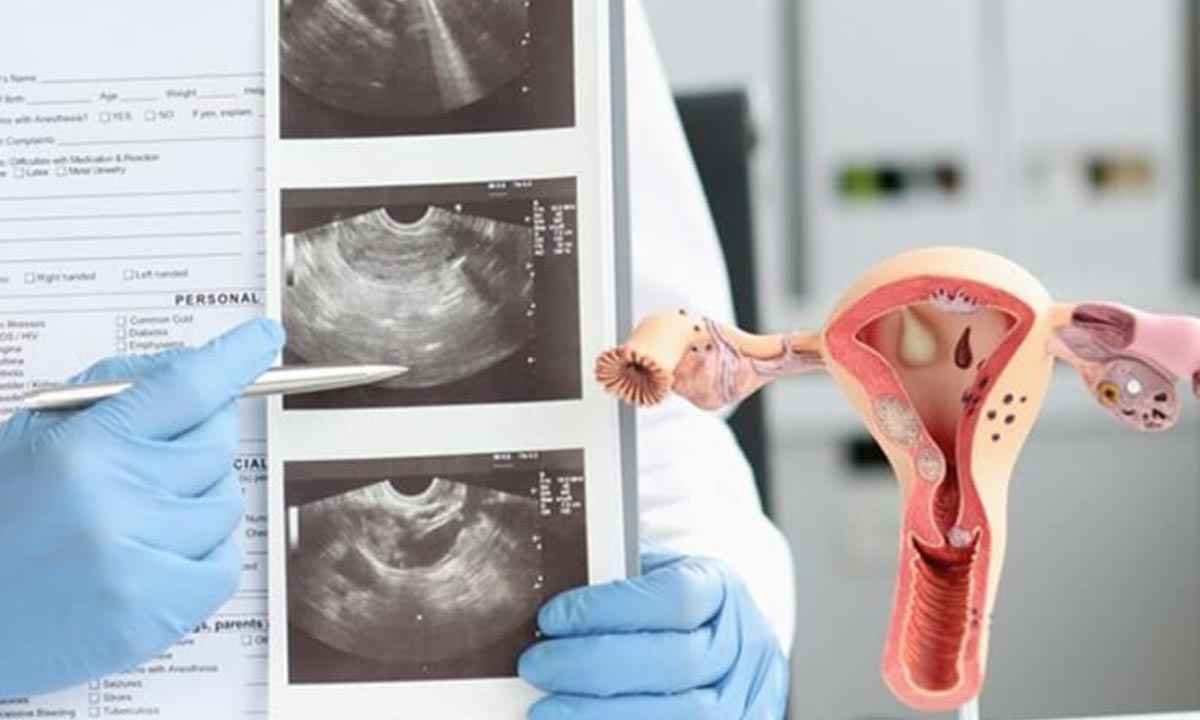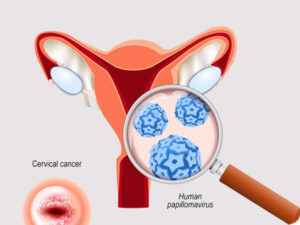Many of you might have the following questions in your mind – what is the best treatment for uterine polyps? Can uterine polyps go on their own? Is it true that uterine polyps can turn malignant and cancerous?
Uterine Polyps
Uterine polyps are benign growths. They are overgrowths of cells in the uterus lining. Their size can be as small as a few millimeters (the size of a small sesame seed) to as large as a few centimeters. Uterine polyps more often remain confined to the inner lining of the uterus, but can also be present in the cervix.
The exact cause of the development of uterine polyps is unknown, but hormonal factors appear to play a role.
The risk of developing uterine polyps is low in women younger than 20 years, but increases as a woman get older. The peak age of being diagnosed with polyps is around 40 years, and also seen in women who are about to reach menopause or going through or have completed menopause.
Uterine polyps turning into malignancy is a rarity and is associated mainly in postmenopausal women.
Diagnosis of Uterine Polyps
Ultrasound, hysteroscopy, and microscopic examination of biopsied cells of endometrial tissues help in confirming the diagnosis of uterine polyps. If you have been diagnosed with uterine polyps, your gynecologist might recommend one of the following:
Watchful waiting: If you have small polyps or moderate to medium-sized polyps without any symptoms, then your gynecologist will not recommend any treatment.
Can Uterine Polyps Go Away on Their Own?
Your doctor will wait and see whether the polyps are growing in size without causing any symptoms. She will also see whether any symptoms are manifesting or whether you have any risk of developing uterine cancer.
However, if you have uterine polyps and if you develop symptoms such as abnormal bleeding or intermenstrual spotting, then your gynecologist would recommend the removal of polyps for testing and evaluation.
Medication: If you have polyps associated with symptoms, your gynecologist may prescribe some hormonal medications such as progestin agonists to lessen the symptoms due to polyps. This type of treatment approach is only a short-term solution because once you stop taking the medicines the symptoms may recur. Medical management is only to address the symptoms, not for a permanent cure. Medications do not reduce the size of polyps
Surgical Removal of Polyps by Hysteroscopic Polypectomy
It is a surgical procedure for the removal of polyps that trigger symptoms. If you have been advised of the surgical removal of polyps, then have a discussion with your gynecologist regarding the right approach for you. After the surgical removal, polyps will be sent to a lab for microscopic examination, evaluation, and analysis to rule out cancer.
Can Uterine Polyps Go Away on Their Own?
If uterine polyps are not causing any symptoms, then monitoring the polyps over time is a reasonable approach. Many experts recommend this and a majority of the gynecologist follow this approach.
In young women the odds of developing uterine polyps are low. And also, the risk of a uterine polyp turning or becoming cancerous is low. In premenopausal women, that number is less than one to two percent. However, the risk is a little bit higher (5 – 6 percent) in women who have gone through menopause.
For small asymptomatic uterine polyps, watchful waiting is the usual approach. However, even if the risk is low, some gynecologists prefer taking a tissue sample of a uterine polyp for lab testing. This is done because certain precancerous changes or certain types of uterine abnormalities such as endometrial hyperplasia may first appear as uterine polyps. If laboratory results confirm no precancerous cells or no sign of cancer and if the polyps are not causing any symptoms, then your gynecologist may not recommend treatment.
Bottom Line
The diagnosis of uterine polyps may be a chance event as in many cases, there are no symptoms. However, if you develop any signs and symptoms such as abnormal, frequent, and unpredictable periods or heavy periods and bleeding between periods, then make an appointment with a gynecologist. Uterine polyps can also cause vaginal bleeding after menopause – which could also be a sign of other serious health issues including cancer. Therefore, never delay in approaching a doctor if you have any abnormal signs and symptoms.




